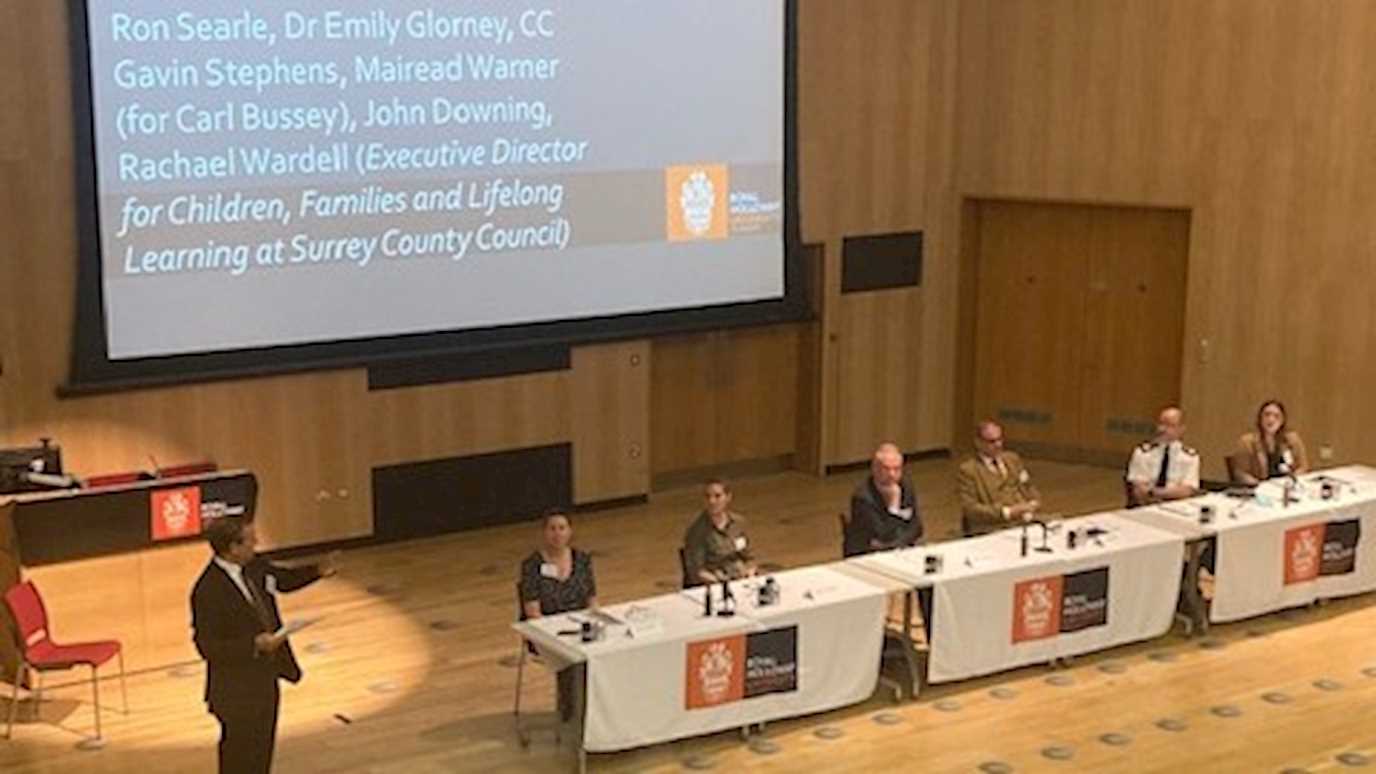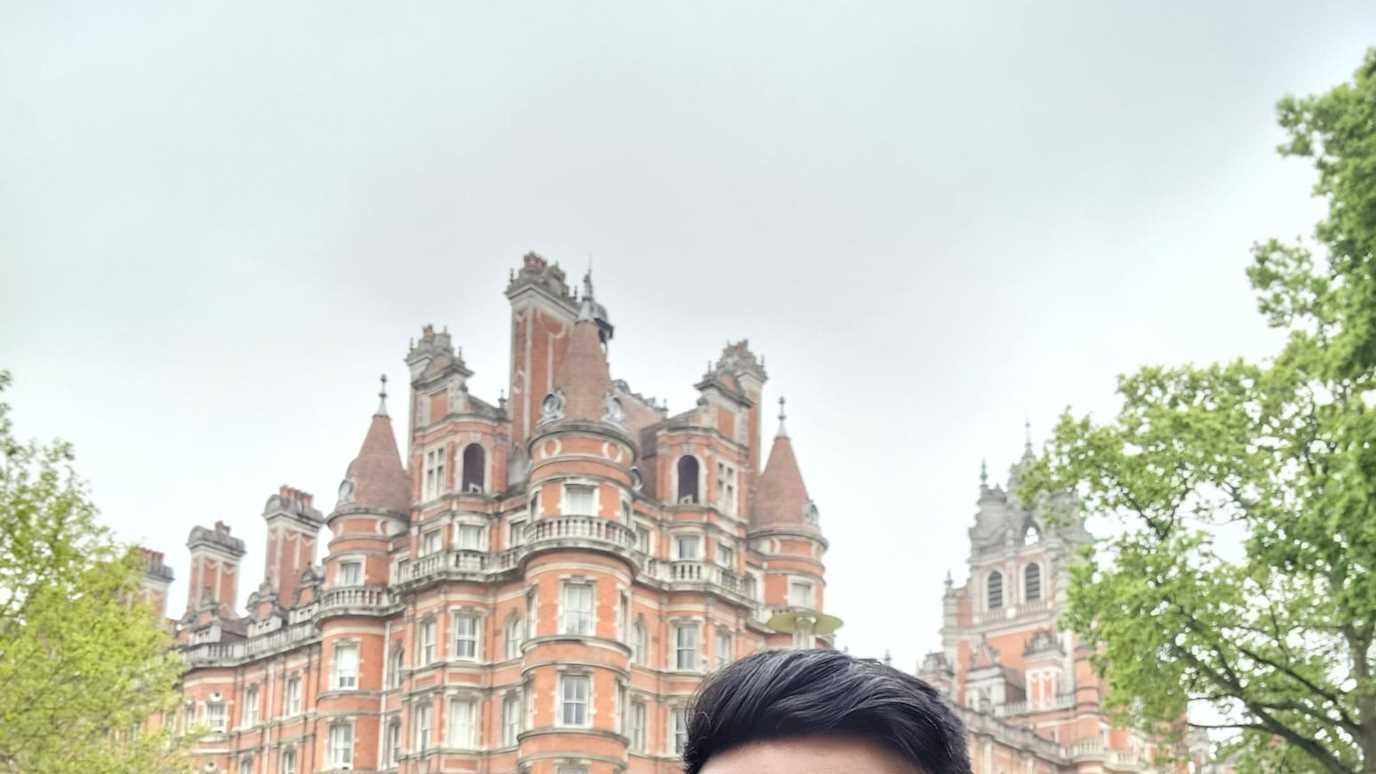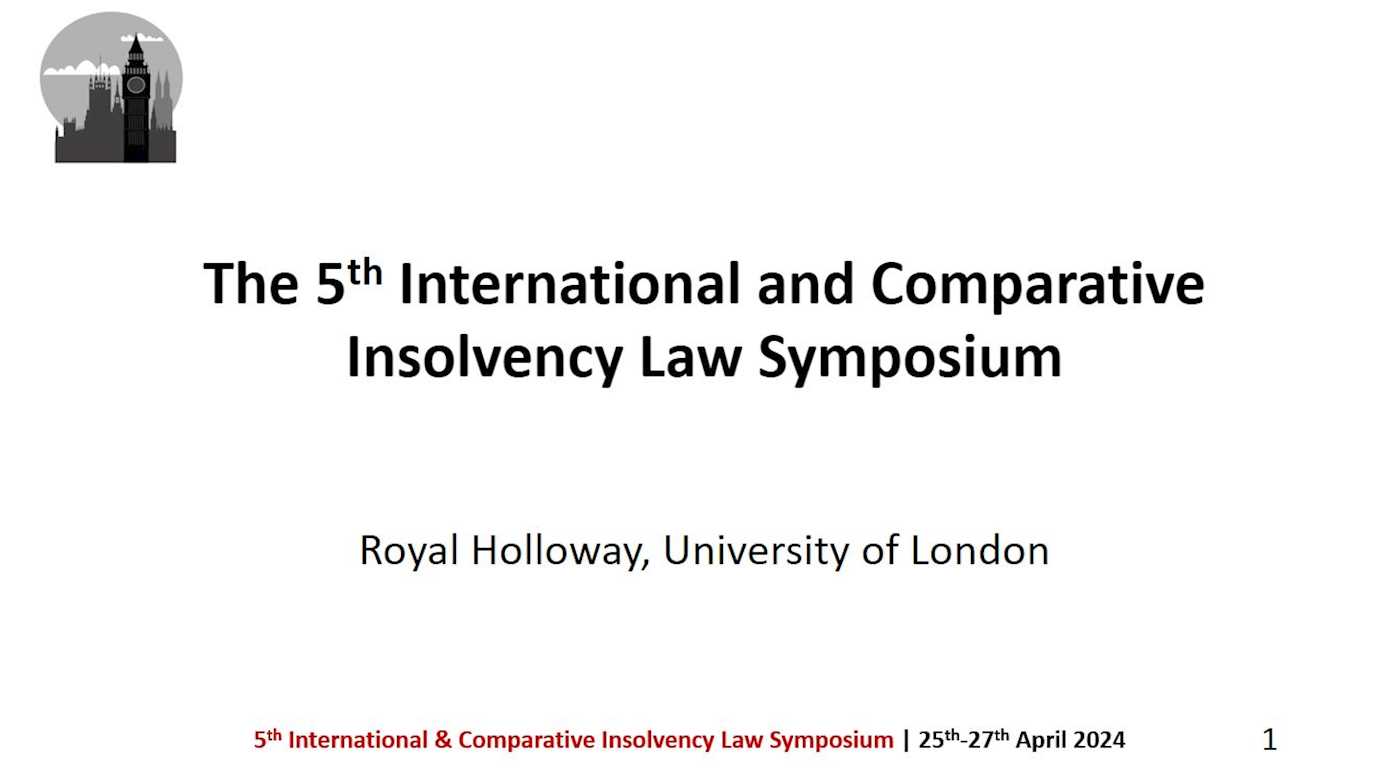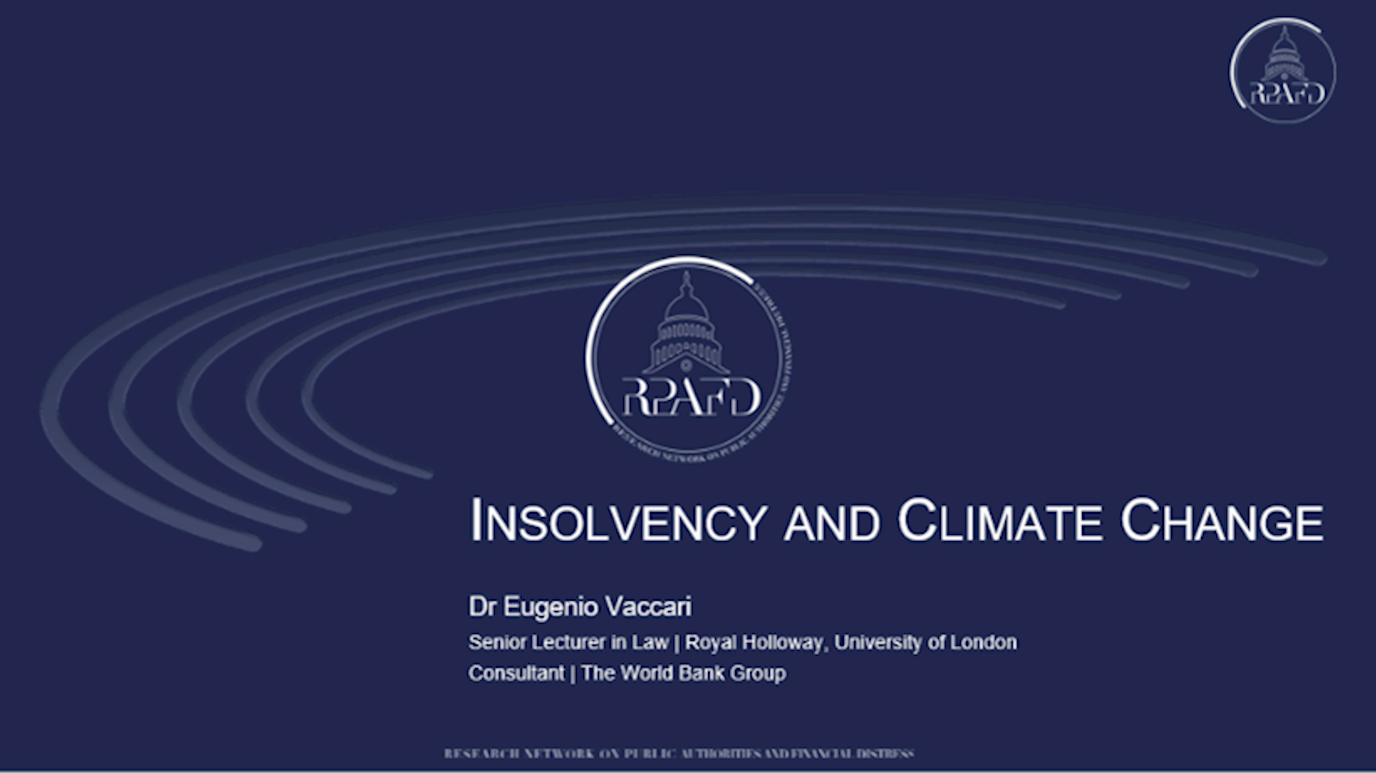The event, sponsored by the School of Law and Social Science in collaboration with the High Sheriff of Surrey, took place on 2nd July 2021

The School of Law and Social Sciences sponsored a Multi-Agency Summit on Permanent School Exclusion in Surrey on 2nd July 2021. The event was organised in collaboration with Dr Julie Llewelyn, High Sheriff of Surrey 2021-22. The High Sheriff’s theme for her tenure is permanent school exclusions, specifically how to reduce school exclusions and enhance opportunities for all children and young people in Surrey to have access to full time education.
This event was the culmination of three years of work with Royal Holloway, in collaboration with Surrey County Council and Surrey Police, to commission and conduct research that addresses the issue of permanent school exclusions in Surrey. The Royal Holloway research team, led by Dr Emily Glorney, collaborated with multiple public and third sector services across the county to address the research issue of how to enhance support for children and young people at risk of exclusion and promote inclusion. The research provided the evidence on which to base decision-making in Surrey.
For the first time in Surrey, data were linked across education, social care, police and youth justice, to form a picture of the complex and multiple needs of children and young people who are permanently excluded from school in the county. The research team identified a higher level of multiple needs among Surrey young people than in comparison to previous national level reports. Permanent exclusion is often referenced as a risk indicator for engaging in criminal behaviour. However, the research team found that children excluded from school and who had youth justice involvement were more likely to have engaged with that service before rather than after exclusion. Children and young people who did get involved with the police for the first time after exclusion were likely to have multiple vulnerabilities, relating to social care and mental health.
The research concluded that multi-agency information sharing across Surrey and involvement in decision making could support children’s access to full-time education. A link to the research summary is here.
























